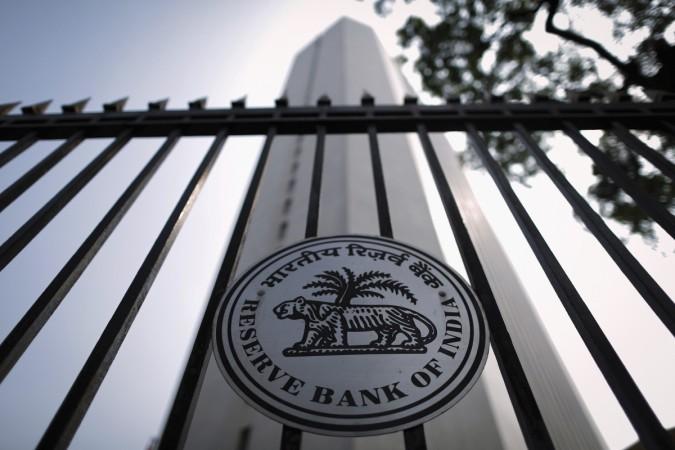
The Reserve Bank of India (RBI) tweaked shareholding norms for private banks on Thursday. The new norms pave the way for promoter/promoter group to raise their stake to 15 percent from the current 10 percent, while retaining the overall foreign shareholding limit at 74 percent.
The norms put ownership limit under two broad categories:
"Ownership limits for all shareholders in the long run are now stipulated under two broad categories: (i) natural persons (individuals) and (ii) legal persons (entities/institutions). Further, separate limits are now stipulated for (i) non-financial and (ii) financial institutions; and among financial institutions, for diversified and non-diversified financial institutions," the RBI said in a statement.
There is no change in the stipulation that at any given point of time, at least 26 percent of the paid-up share capital of the private sector banks will have to be held by resident Indians.
The central bank's new shareholding matrix also stipulates other changes, as given below:
The apex bank said that the new norms have been issued keeping in mind the licencing guidelines issued in February 2013 for new private banks, the need for additional capital for the banks consequent to the implementation of Basel III capital regulations and to rationalise the ownership limits.
The shareholding in a private bank by another bank can go up beyond the existing 10 percent in certain cases, subject to the central bank's approval.
"Banks (including foreign banks having branch presence in India) can continue to acquire stake in a bank's equity shares upto 10 per cent of the investee bank's equity capital. However, in case of exceptional circumstances, such as, restructuring of problem/weak banks or in the interest of consolidation in the banking sector, etc., the Reserve Bank may permit them a higher level of shareholding," the RBI statement said.
The new guidelines did not result in a rally in shares of private banks since the market sentiment was downbeat due to disappointing inflation and factory output (IIP) numbers, besides weakness in Asian equities.
Some of the private banks in India include Karnataka Bank, Kotak Mahindra Bank, Yes Bank, Catholic Syrian Bank, Ratnakar Bank, Jammu & Kashmir Bank and Tamilnad Mercantile Bank.
The S&P BSE Bankex was down 1.49 percent at 18,999 while the NSE Nifty Bank was also trading 1.44 lower at 16,680 at about 2.05 p.m.
The Sensex was at 25,464, down 325 points, or 1.26 percent and the NSE Nifty was trading 95 points lower at 7,806.

















